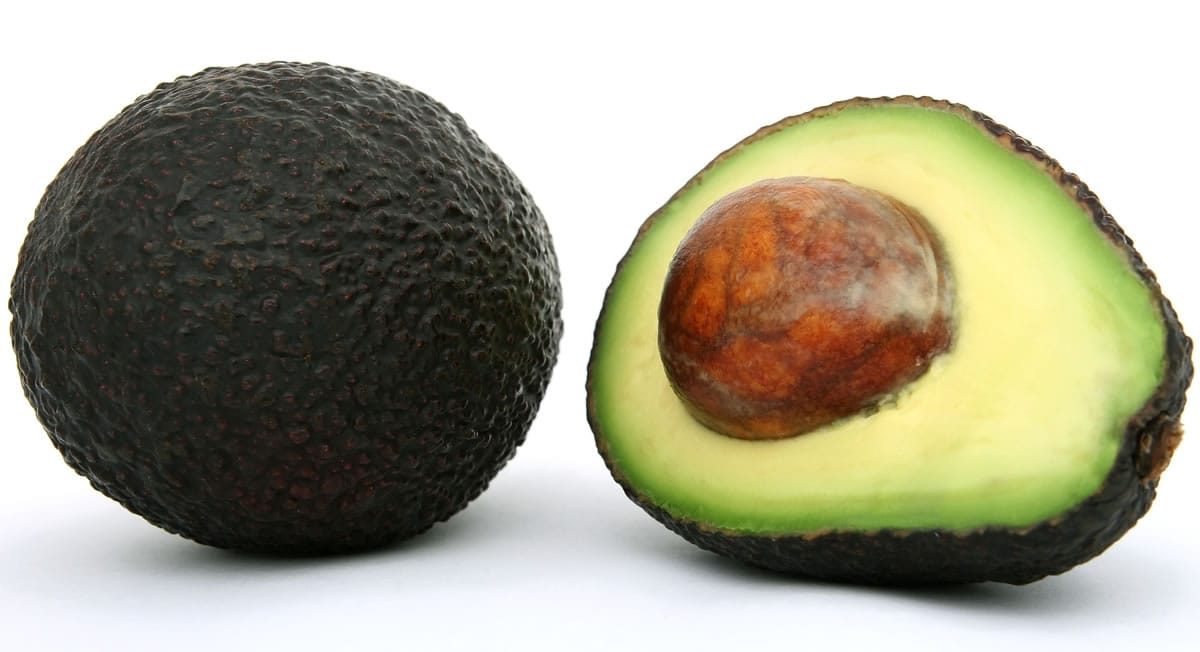
So, "Ketosis", or the "keto diet", seems to be the hottest diet right now. I see it advertised online, on billboards, on social media, and on cars around town. I had considered doing it for the past year or so but wanted to do some research first. I decided I would try the Fit2fat2fit plan, so I signed up. I liked the guys story and what his website conveyed. They gave me an overview of what their plan was and what I was supposed to do. The basic premise is to go super low carbohydrates and deprive your body of glucose so it begins to use ketones from fat for energy. The idea is that your body basically "learns" or is forced to burn body fat for energy instead of glucose. In preparation, I went shopping and got all the food I needed for the week. One of the hardest parts of this plan is that you can't eat carbs, and there are carbs in everything! It's almost impossible to go little to no carbs unless you prepare your own food, so that’s what I did. I prepared everything for the week, and had all my dinners planned and ready to go.
Week 1
Monday was my first day, and it went pretty well. My energy level wasn't bad, and I didn't feel too hungry. By Wednesday, I felt pretty hungry. (This is basically due to the fact that your body doesn't have its normal energy source it gets from carbs. The result is…you feel hungry, even though your body has plenty of food from fat and protein.) Thursday and Friday, I started getting brain fog pretty bad. I could feel I wasn't myself and had a hard time putting together sentences and staying alert. Saturday and Sunday were completely different. I definitely wasn't myself. I started getting depressed, was easily irritable, was incredibly tired, and pretty much laid around all weekend. I could also tell my testosterone plummeted. Overall, it was an awful feeling. I had no idea I could feel this way, just from eliminating carbs. In all fairness, fit2fat2fit warns of these symptoms, they say it's a normal part of the transition process.
By the following Monday, I decided to abandon the diet. For me, I simply couldn't continue to function this way, train my clients affectively, and manage my business. I was a little disappointed, but I learned some valuable lessons.
First of all, I need a diet (or way of eating) that I can sustain with my schedule. Secondly, I have to be able to be myself. I can't put myself in such a state of misery I can't function. That's just not practical for me. I have a job to do, and I need to be enthusiastic, on point and ready to lead.
Where am I at now?
I'm still eating super low carbs, but I'm being more strategic about when I have them. I'm structuring them around my workouts for the most part. In the morning, I make a type of what is known as the "bullet proof coffee." Here's what I put in it:
- A dash of vanilla
- 1 teaspoon of cinnamon
- 30 grams of grass fed whey protein powder
- 2 tablespoons of butter
- 1.5 tablespoons of "brain octane" oil (coconut oil is a good substitute and what I started with)
- 8 oz of coffee
It totals about 700 calories and is comprised almost completely from fat and protein.
I also cook my lunches each Sunday for the entire week. I use one of the fit2fat2fit recipes for chicken and broccoli. It's basically, chicken thighs and broccoli baked for 25 minutes at 425 with olive oil, cumin, salt, pepper and garlic. Not hard at all. I let it cool and put it in Tupperware for each day of the week, and it keeps just fine.
Those two meals get me through about half of my day. If I'm going to workout, I make sure I have some carbs beforehand and after. If you do high intensity workouts and you don't have any carbs, your body can actually burn muscle off for energy which is not good; therefore, I make sure I have some carbs in my body to fuel my workouts and to restore my glucose levels afterward. Then for dinner, I go back to very little carbs. I haven't been eating potatoes or anything that is not nutrient dense and needed for either my micro nutrients or macros. I usually stick to broccoli, Brussels sprouts, green beans or peas and a high quality protein. I also use lots of high quality olive oil as it makes everything taste better!
Since I've been doing this diet, I feel great. I have energy and am much more in tune with my body and what it needs. I also realize I don't need nearly as many carbs as I thought before I started all this. I can listen to my body and make small adjustments and get results. I still allow myself cheat meals on the weekends, but I’ll be honest, I don't want them as much. I'm much more dedicated because I'm seeing results. I've dropped about 4% body fat and gained 5 pounds of muscle in the last 6 weeks. I'm pretty happy with that. It's a much more sustainable diet for me, and so far, it's giving me the results I wanted.
I’m not recommending this diet for everyone, but it works for me. I think the important thing is to learn what makes your body run well. It’s also important to have a target in mind of what you want to accomplish. Once you have your target in mind, structure your eating plan to facilitate that goal. Here’s the key to it all: STAY CONSISTENT and trust your plan!

